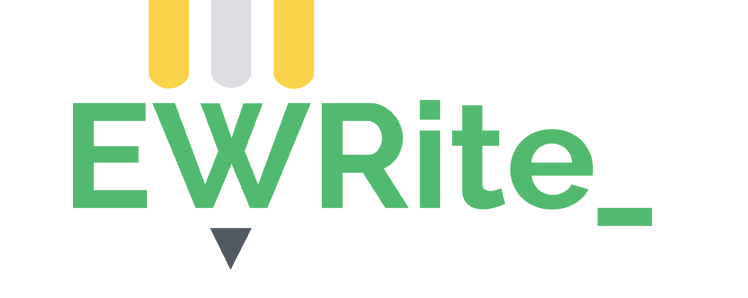5. Writing the conclusion
A conclusion for a critique follows the pattern of conclusions for many genres. It starts with a restatement of the stance or thesis statement presented in the introduction and argued throughout the body paragraphs. It continues with a summary of the main points put forward to support your critical evaluation of the work. The conclusion usually concludes with a reassessment of the importance or impact of the work and/or a call for further research, investigation, or even action in light of the findings and ideas in your critique.
Example Conclusion
|
To conclude, although the main theme of Jackson’s “The Lottery” is an important one that is still relevant to our modern age, it is unfortunate that certain elements of the story’s setting undermine that message for readers in the 21st century. The village’s isolation from the rest of the world, the absence of technology, especially recording devices like smartphones, and the lack of diversity among the villagers contrast too greatly with the reality of modern society. Thus, readers may be led to conclude that the people in the story blindly follow tradition and annually slaughter a member of their own community because of the comparatively primitive circumstances in which they live. Although educators who currently teach “The Lottery” to millions of high-school students might attempt to convince them otherwise, there appears to be too wide a perception gap for young people these days to overcome in this regard. Instead, it might be wiser to find another story, novel or short film that illustrates the same theme in a more updated setting that will more easily connect with young people living in the second decade of this century. In this way, the very clear dangers of blindly following traditions that ruin the lives of people in our communities or beyond can continue to be strongly emphasized in the minds of future generations living in technologically-rich societies. |
restatement of thesis from introduction
summary of main points from body paragraphs
reassessment of work
call to action |
About this website
EWRite is an open access online literacy platform for PolyU community that has two major objectives:
- to support PolyU students’ literacy development within and across the disciplines
- to support subject and language teachers to implement system-level measures for integrating literacy-sensitive pedagogies across the university
This platform provides access to generic genre guides representing typical university assignments as well as links to subjects offered by faculties with specific disciplinary genres and relevant support materials.
The materials can be retrieved by students by choosing the genres that interest them on the landing page. Each set of materials includes a genre guide, genre video, and a genre checklist. The genre guide and video are to summarize the genres in two different ways (i.e. textual and dynamic) to fit different learning styles. The genre checklist is for students to self-regulate their writing process. The genre guide and checklist include links to various ELC resources that can provide further explanation to language items (e.g. hedging and academic vocabulary).
The platform also acts as a one-stop-shop for writing resources for students, language teachers and subject leaders. Information about the English Writing Requirement policy can also be found on this platform. There are training materials for new colleagues joining the EWR Liaison Team.


